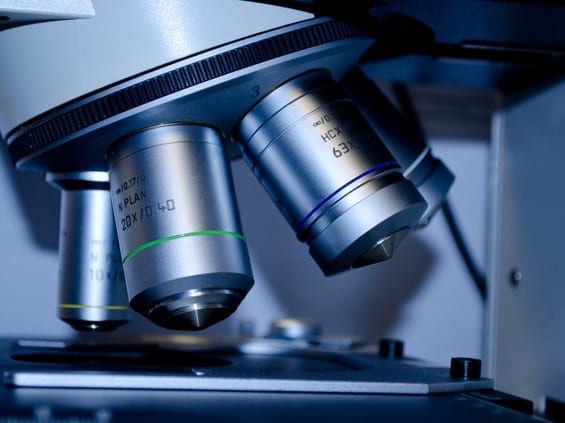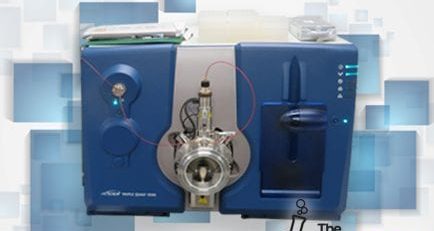New Autoinflammatory Disease Discovered
Not only the discovery of, but also treatment for, a new autoinflammatory disease was recently published in Nature, IFLScience.com reported.
A team of researchers examined three families whose members were running fevers every 2-4 weeks, suffering for a day to a week, and exhibited swollen lymph glands, and, in some instances an enlarged spleen or liver, and mouth ulcers. Because the condition runs in the family, they could deduce it was genetic, and testing revealed all those who suffered the aforementioned condition had mutations on the RIPK1 gene.
Termed cleavage-resistant RIPK1-induced autoinflammatory syndrome – or “CRIA syndrome” for short – it induces cell death in particular sites in the body, particularly around the lymph glands.
“Cell death pathways have developed a series of inbuilt mechanisms that regulate inflammatory signals and cell death, because the alternative is so potentially hazardous,” Dr. Najoua Lalaoui of the Walter and Eliza Hall Institute. “However in this disease, the mutation in RIPK1 is overcoming all the normal checks and balances that exist, resulting in uncontrolled cell death and inflammation.”
Some already available treatments for other autoinflammatory conditions have eased the effects of CRIA for some patients, but not all. This could potentially be because all three of the families studied carried a different mutation of RIPK1. All these mutations, however, still produced the same outcome – preventing the RIPK1 protein from cleaving.
In addition to the currently available treatments, several RIPK1-inhibitors are already under development in a number of countries.














